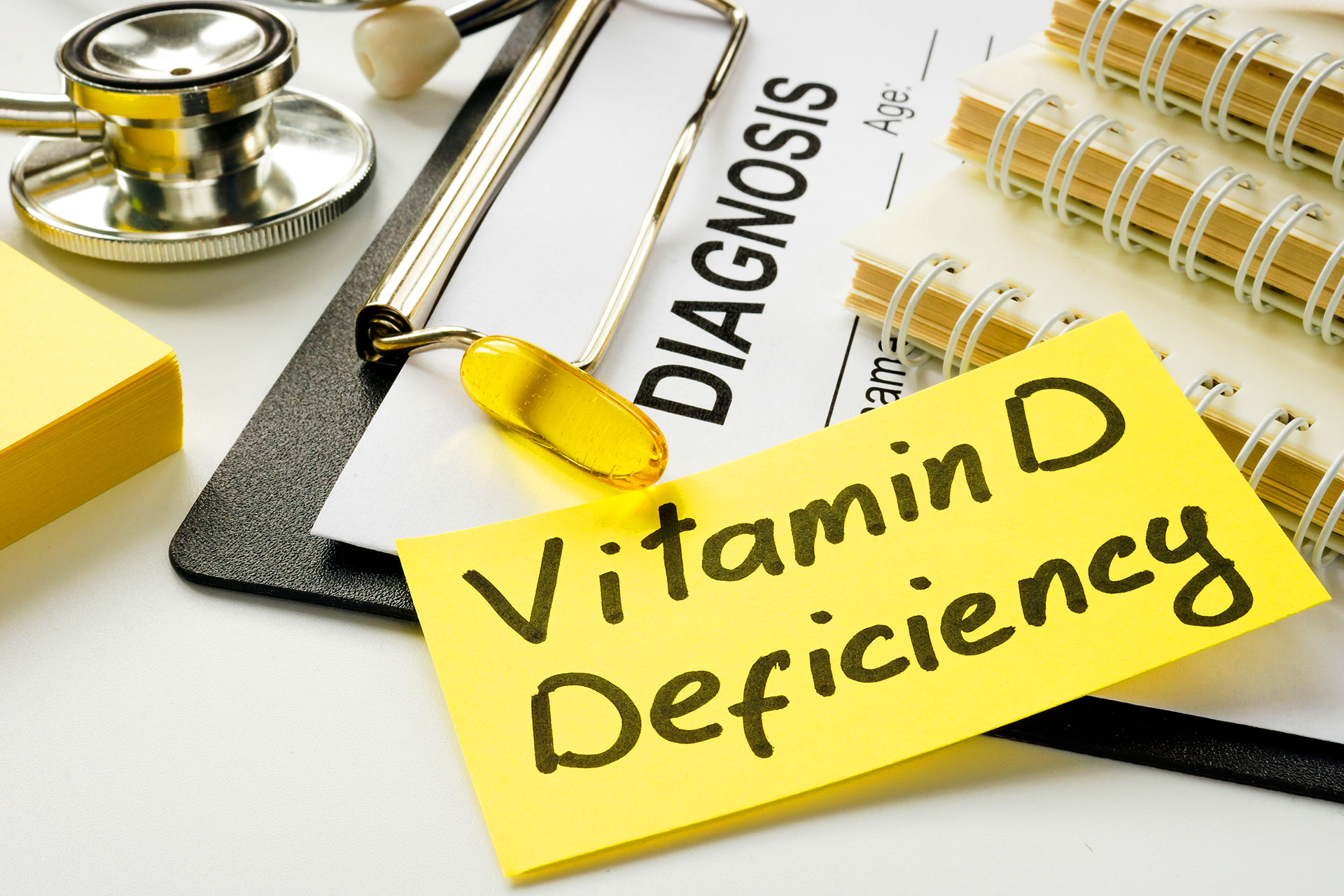
- HealthyTo100
- June 3, 2024
Why 50% of Americans suffer from vitamin D deficiency? – Part 1
Welcome to the Sicilian Secret Diet Plan Podcast! This engaging podcast is brought to you by the dynamic husband-and-wife duo, Dr. Sandra Cammarata and Dr. Giovanni Campanile. Sandra, a psychiatrist born and raised in Sicily, and Giovanni, a seasoned cardiologist, are passionate about introducing a wider audience to the wonderful taste and health benefits of the Sicilian Mediterranean diet. Their goal is simple yet profound: to guide you onto a path of longevity and improved health span, reducing the risk of diseases later in life. With the motto “Be well, deliciously,” they’re here to help you live not only longer but better, with enhanced vitality and joy.
Special Edition Focus on Vitamin D
Hello, and welcome to a special edition of the Sicilian Secret Diet Plan. Today marks the beginning of a new series where we’ll dive deep into specific health topics. Our first focus? Vitamin D.
Emerging from winter, many of us likely have some level of vitamin D deficiency. Vitamin D, a fat-soluble vitamin, is stored in the liver and fatty tissues of our bodies. But why do we lose it during the colder months? The answer lies in its synthesis. Vitamin D is produced when our skin is exposed to UV light. In winter, with reduced sunlight exposure, our bodies struggle to generate adequate levels of this crucial nutrient.
The Multifaceted Role of Vitamin D
Vitamin D is not just a vitamin; it’s actually a steroid hormone with a complex role in our health. Initially produced in the skin, it is activated by UV light, then transformed in the liver and kidneys into various forms. This transformation is fascinating and highlights the intricate processes our bodies undergo to maintain health.
We all know vitamin D plays a pivotal role in maintaining calcium balance and bone health. However, its importance extends far beyond that. Vitamin D is also crucial in regulating blood pressure, supporting immune function, and promoting cell growth. A deficiency in vitamin D is linked to numerous chronic diseases such as rickets, osteoporosis, and other serious health conditions.
Understanding Vitamin D Deficiency
For those with low vitamin D levels, there’s a significant correlation with various chronic diseases. When we talk about nutrition and supplements, it’s essential to distinguish between absolute insufficiency, which leads to diseases like rickets, and the optimal amount needed for overall health.
Some studies haven’t shown significant benefits from vitamin D, often due to insufficient dosages used in the research. However, there’s a strong correlation between low vitamin D levels and chronic illnesses, including neurodegenerative diseases like multiple sclerosis. Interestingly, regions with less sunlight exposure see higher incidences of these diseases, underscoring the importance of vitamin D.
The Pervasive Role of Vitamin D in the Body
Most cells in our bodies have vitamin D receptors, indicating its fundamental importance for various bodily functions. Beyond bone health, vitamin D is vital for immune function, heart health, and even cancer prevention. Studies also suggest that low vitamin D levels might increase the risk of depression and schizophrenia. For example, mothers with low vitamin D levels may have a higher likelihood of giving birth to children who later develop schizophrenia.
Optimal Ways to Get Your Vitamin D
So, how should we ensure we’re getting enough vitamin D? Given that it’s a fat-soluble vitamin, it’s better absorbed when taken with a bit of food. You don’t need a large meal—just a little olive oil, avocado, or something similarly fatty will help with absorption. While our bodies primarily synthesize vitamin D through exposure to ultraviolet B light and heat, dietary sources are also crucial, especially during the months with limited sunlight.
In the next part of our deep dive into vitamin D, we’ll explore its intricate role in our health and how to ensure you’re getting enough of this vital nutrient. Stay tuned for more insights and practical tips on maintaining optimal vitamin D levels for a healthier, happier life.